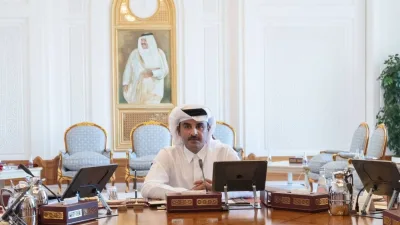But experts warn that further country-wide border closures could seriously jeopardise global economic recovery, which is essential for maintaining jobs and social and welfare schemes around the world. Undoubtedly, border closures will continue to hamper the travel industry, which is a key driver of global economic growth.
It was in this context that the World Travel & Tourism Council (WTTC) recently urged governments to take a more carefully calibrated approach on border closures and introduce localised measures, and only when necessary.
This, it stressed would avoid blanket restrictions, prevent stalling the fragile economic recovery and not cripple the already bruised and battered travel and tourism sector. Travel and tourism is critical to powering that economic recovery, generating one in four of all new jobs last year.
WTTC’s ‘2020 Economic Impact Report’ has shown that during 2019 the sector supported one in 10 jobs of all jobs (330mn in total) and made a massive 10.3% contribution to global GDP.
A research by World Travel & Tourism Council showed that every 2.7% increase in travellers would generate or recover 1mn jobs in the sector.
Governments working together with the right co-ordinated measures could stimulate an increase in travel by as much as 27%, recreating a massive 10mn jobs in travel and tourism. Restoring business travel, wherever possible, is key to help kick-start the economic recovery.
WTTC says that for two of the world’s top business centres - New York and London, business travellers account for one dollar in every three spent in New York and one pound sterling out of every four spent in London.
According to Gloria Guevara, WTTC President & CEO “enforcing country-wide restrictions is a blunt instrument, which benefits no one; neither travellers, the local population, the economy or the travel and tourism sector, which has been left reeling from the impact of worldwide travel restrictions.
“Such measures could undo the significant efforts to revive travel and tourism, which has recently shown encouraging signs of emerging from the worst of the pandemic, and which in turn has brought hope to millions of people around the world who depend upon the sector for their livelihoods.”
In a recent IATA global survey, fewer passengers said they will travel again in the first months after the pandemic subsides. In early April, some 61% said that they would. By early June that fell to 45%. And about two thirds are seeing less travel in their future — be it for vacation, visiting friends and relatives or business.
Understanding the concerns of travellers is important because their willingness to travel will drive the sector and help speed up global economic recovery. Passenger confidence cannot be re-built overnight.
Experts say it is perfectly possible to fight Covid-19 and support the economic recovery through the travel and tourism sector at the same time. Probably that can be achieved through a calibrated approach on border closures and introduction of localised measures on lockdown, globally.



